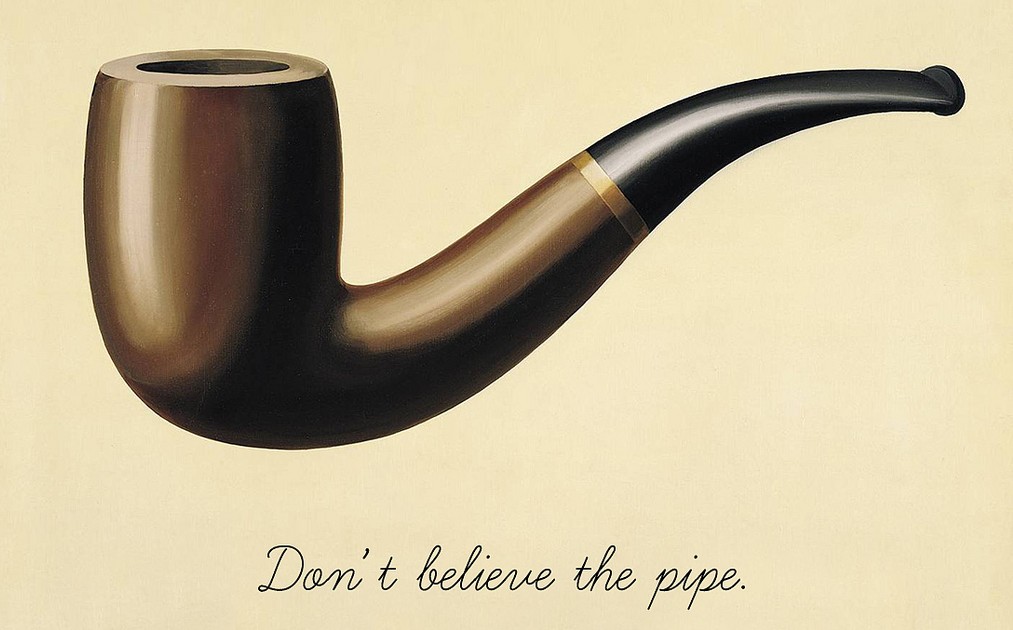This title is a lie
This sentence is false.
If the preceding statement is true, then it is false, and if it is false, then it is true. The paradox is a twist of logic and language that contradicts itself, ultimately rendering itself meaningless. For the aspiring philosophy major, the statement is a reminder of just how easy it is to talk oneself into a corner when using too many words, especially in the discussion of big ideas. But for the average Trojan, the irrelevant paradox also reveals the disconnect between language and meaning, highlighting the shortcomings of language to truly encompass our experiences at all.
It’s a detachment easily seen when we, for example, talk to our friends back home about our experiences at college. There’s often too much to say and no way to properly express it, and without them here to experience what we explain, the explanation falls short of actually understanding the complex occurrences and relationships that persist.
And never mind the complex emotions — language will never fully incorporate the emotions of love or loss or regret, though centuries of poetry and literature and songwriting have attempted to do so. Each new attempt, however, requires something different than the last, a new and creative way to string together the hundreds of thousands of words in the English language in a way that strikes a new chord with human experience. And it’s the desire for novelty that is troubling, because it suggests we haven’t found something that actually depicts the meaning of humanity.
The problem of incomplete depiction can also be extended to the use of artistic mediums for documentation. Documentaries aimed to chronicle historical events, for example, while informative, may not be informative enough if the goal is to foster a replication of the event that actually took place. Bias appears from all angles — from pieces selected to appear and subjects’ actions and words. Granted, perhaps it is the artist’s biased interpretation of the world perhaps that creates the their unique perspective. But it is a mistake to consider that an accurate portrait of actual events.
Nevertheless, it’s worth mentioning that the rise of constant documentation — given by the popularity of the selfie, the rise of Snapchat and the trend of perpetual photography — allows us a certain legitimacy to documentation that has not always existed. And perhaps we will continue to bridge the gap between what we experience and what we express. Until then, we must accept an imperfect system for what it is, and, like all things in life, create art with its imperfections.
Sonali Seth is a freshman majoring in political science. Her column, “Sonacrates,” runs Tuesdays.

